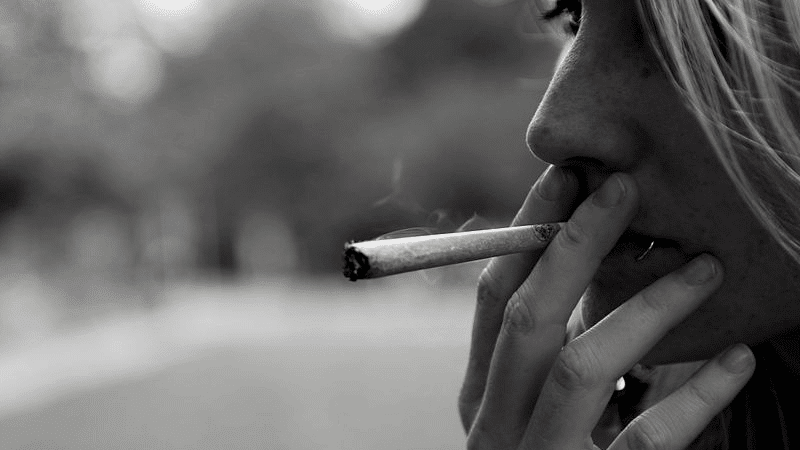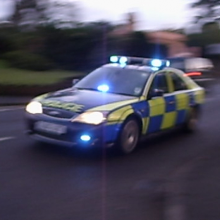Cannabis: A drug not worth experimenting with

Cannabis: the drug of the 60s, flower power and ‘revolution’. This is what activists want you to think of when they talk of changing the law. What’s the harm?
What they shy away from is images of shops selling the Class B drug on every high street, psychotic teenagers, road deaths and broken families.
In the week that yet another politician (this time former Foreign Secretary William Hague) is pushing the warped case for legalising cannabis for casual use, it’s worth taking a moment to look past the propaganda and consider the facts.
• Cannabis ruins lives: Janie Hamilton’s son died after refusing treatment for his testicular cancer. He was 36. Janie says his cannabis-induced schizophrenia contributed to his death.
• Cannabis has changed: Two experienced psychiatrists said earlier this year that the drug is now four times stronger than it was in the 1960s and 70s.
• Cannabis really does wreak havoc with mental health: Those same two psychiatrists warned it was “now incontrovertible that heavy cannabis use increases the risk of psychosis”.
It comes down to who you trust. Wealthy, well-organised, slick campaigners keen to make money, or grief-stricken parents and on-the-ground experts.
This isn’t generally true of individual components derived from cannabis of course. Cannabis in a medicalised and regulated form may be able to help some patients. Indeed certain cannabis-derived medicine is already legally available in the UK – having been properly tested and properly regulated.
This is very different from recreational use of cannabis in the same way that controlled use of morphine is different from using heroin. But we need to be careful. A ‘medical use’ argument can lead to legalising it for casual use too.
Quest for profits
The trouble is, the campaign to legalise cannabis isn’t really about cannabis. A former White House drug policy expert – he worked for both Republican and Democratic Presidents – says the movement revolves around one issue, “the quest for profits”.
Dr Kevin Sabet, writing in the British press the day after Lord Hague hitched his wagon to legal cannabis, said: “The goals and tactics of the cannabis industry mirror the goals of Big Tobacco. Their most profitable strategy is to convert young, casual users into heavy, more frequent users.”
There are now more cannabis shops than branches of McDonald’s in Colorado.
He warns that the “stronger the high, the more likely to attract heavy users, and thus the better likelihood of big profits”.
Learn from others’ mistakes
The UK wouldn’t be the first place to introduce recreational cannabis. Colorado in the USA changed its law in 2012. What’s happened since makes for eye-opening reading.
There are now more cannabis shops than branches of McDonald’s. The Colorado Springs District Attorney has described the drug as a “gateway” to murder: of the 22 murders in the city in 2016, eight were related to cannabis.
Road tragedies
A driver intoxicated with cannabis is at a significantly increased risk of having a road traffic accident.
One Colorado businessman began a campaign against drug-driving after his son was killed in a crash with a driver who had been using cannabis. Sadly his is not the only family to be affected in this way.
Our own Director, Colin Hart, was affected by tragedy when his cousin was hit by a driver high on the drug.
Figures from the state of Washington revealed that cannabis-impaired driving fatalities more than doubled following legalisation.
Reject the rhetoric
It comes down to who you trust. Wealthy, well-organised, slick campaigners keen to make money, or grief-stricken parents and on-the-ground experts.
We have the opportunity to learn from the mistakes of Colorado and plough time, money and effort into informing young people about the dangers of cannabis.
Time and again you’ll hear: “The war on drugs is lost.” Don’t believe it. The fight won’t stop because there’s so much is at stake.

